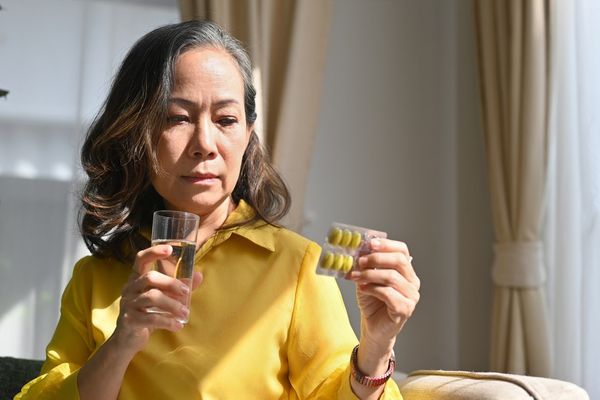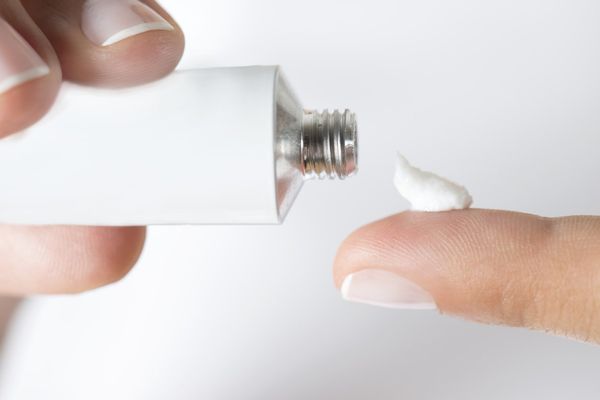This is an exciting time to be involved in women's health. It is my life's work every day — and has been for more than 30 years. But times are changing. Indeed, critical discussions are making their way to the very forefront of care, and these newly minted discussions are related to menopause. To me and my practice, it's about time.
Scratch that, it's long overdue.
Menopause is a universal event experienced by each and every woman but in unique and individual ways. Why am I so excited about the new emerging conversations around this life stage? It's because while many women are impacted by the changes that occur with the menopause transition, changes physically, emotionally and sexually, most of us still enter this time of our life with very little information about what is about to sweep over us. Some rise and crest with the wave, while others drown with the overwhelming deluge.
The attitudes expressed in Aging Smart, Aging Well—the new national survey of more than 3,100 women, from HealthyWomen and WebMD—highlights what I have been hearing from women for years. In this report, women's voices are brought together, revealing a better understanding of their shared journey and putting words (and numbers) into uncertain experiences.
For me, two of the most surprising findings from the survey include:
- More than one-third of women surveyed (especially perimenopausal and menopausal women, rate their physical health as fair or poor.
- 75 percent of menopausal women experience six or more symptoms of menopause!
Also important to note from the report: Many women have not talked with their health care providers about their bothersome menopause symptoms. And for those who have talked with their provider, they were discouraged to consider the use of safe and effective treatment options such as hormone therapy. Women deserve better and today, are demanding better.
When it comes to menopause treatments, Aging Smart, Aging Well finds that many, many women have misperceptions of safety and effectiveness of various options, whether a prescription therapy, supplements or lifestyle modifications. Together, we need to do a better job of educating both health care providers as well as women about the benefits and risks of all treatments.
Women need to hear such messages before entering menopause. Remember how we read up on pregnancy, talked with our physicians and planned ahead on what we could do to improve pregnancy outcomes before becoming pregnant? We should be reading, asking and planning for menopause in advance too—at least if we want to optimize the outcome.
And of course, we want to optimize the outcome.
Currently, about 60 percent of menopausal and postmenopausal women describe their libido as low or very low, while only 5 percent say they have experienced an increase in libido since menopause. The impact of this loss of libido on a relationship can be devastating. I've been around long enough to witness this time and time again. And sadly, well over one-half of the women surveyed blame their decreased sexual activity as weight gain or being uncomfortable with how their body looks. We need a new narrative, please.
Too often, women enter menopause uninformed; find their symptoms very disruptive; and when (or if) they seek treatment, discover effective options are not made readily available to them. Now is the time to do better. I'm excited by this moment because I have confidence that women are ready and waiting for a better understanding of their own menopause journey, not to mention more accurate information and safe and effective treatment options. Let's journey forward together!
***
Barb DePree, MD, has been a gynecologist for 30 years, specializing in menopause care for the past decade. Dr. DePree was named the Certified Menopause Practitioner of the Year in 2013 by the North American Menopause Society. The award recognized the outreach, communication and education Dr. DePree does through MiddlesexMD, a website she founded. She also directs the Women's Midlife Services at Holland Hospital in Holland, Mich.







